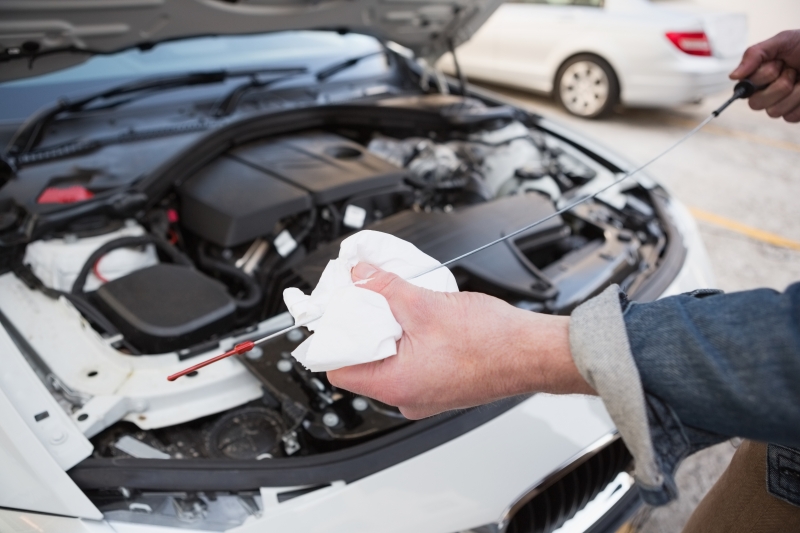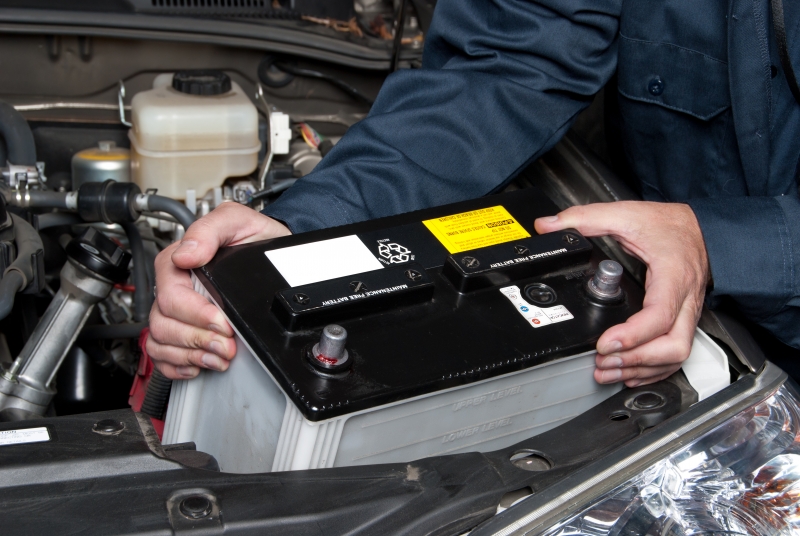 If you are planning a long road trip, preparation is key to avoid any unexpected issues along the way. Of course, this can be a bit challenging and such steps will partially depend upon where you are going and the weather conditions. What are a handful of suggestions that need to be employed?
If you are planning a long road trip, preparation is key to avoid any unexpected issues along the way. Of course, this can be a bit challenging and such steps will partially depend upon where you are going and the weather conditions. What are a handful of suggestions that need to be employed?
Checking Fluids
You need to be absolutely certain that the fluids within the vehicle are all “topped up”. The most critical that should be gauged are:
- Oil
- Transmission fluid
- Antifreeze
- Brake fluid
- Windscreen wiper fluid
It is also a good idea to keep a few litres of oil in the boot in the event that you notice a leak has developed.
Tyres
Always check your tyres for leaks before starting off on any journey. Read the number on the side of the tyre wall. This figure indicates the maximum amount of pressure that the particular model can withstand. Should you see that the interior pressure is higher than this number, it is wise to let some air out. Also, winter driving safety tips recommend that you deflate the tyres slightly. This will provide them with more surface area to grip the road; ideal for snowy and icy conditions.
Headlamps and Other Emergency Lights
All lights should be functioning properly. Perform a spot check before heading out. In particular, make certain that your hazards (emergency flashers) are working as they should. These are essential if you find yourself stranded on the side of the motorway. Otherwise, drivers may not be aware of your presence.
Battery
There have been countless drivers who have become stranded in the middle of nowhere due to battery issues. If your battery is more than two years old, it is a good idea to have it changed beforehand. Check the charge and make absolutely certain that it is full. Should you have any doubts, it is a good idea to hook it up to an electrical charger overnight before the trip.
Brakes
Brakes can present a hidden danger due to the fact that you may not be aware of their condition until it is too late. Check the hub caps and determine if there is any dust; this could signal that the pads are worn. Drive for five or ten minutes on surface streets. When you arrive home, feel the tyres. Should they be very hot to the touch, the brakes may likewise need to be replaced. This can be a complicated task, so it is always wise to take your vehicle to a qualified technician.
Contents
Finally, make sure that you have basic essentials within the boot. These can include emergency blankets, a medical kit, road flares and a triangular reflector. These will all come in handy if you are involved in an accident or should a passenger become injured during the journey.These preparatory steps are all very important to keep in mind before any journey. Ultimately, you will be assured that you are ready to handle what the roads may have in store.